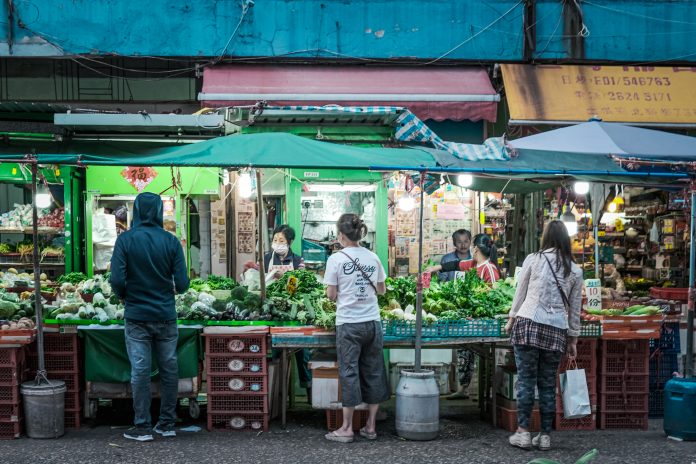The Sinovac COVID vaccine was revealed to be working at 50.4% efficacy by the Butantan Institute last month, but new data suggests that this could actually be 62%
The drugmaker Sinovac created the CoronaVac vaccine, which has been performing poorly and is not formally approved by the World Health Organisation.
How good is the Sinovac vaccine?
In January, the São Paulo Government and Butantan Institute revealed that the Sinovac COVID-19 vaccine is 15.6% less effective than officials previously suggested. It was found in Brazilian clinical trials to be performing at just 50.4%, which is barely above the threshold required for a vaccine to be effective at immunising a population.
Indonesian authorities approved the use of Sinovac on 11 January, 3 days before the Brazilian clinical trial results came out. At that point in time, it was believed that the Sinovac COVID vaccine was performing at 78% effectiveness for the vaccine.
More complete results from Phase Three showed a less positive picture at 50.4%.
Hong Kong will receive one million doses on Friday
Hong Kong approved emergency use of Sinovac’s CoronaVac, after receiving new, undisclosed data from the drugmaker about their latest experiments. This data is not yet peer-reviewed or available to the general public.
This data suggested that the Sinovac efficacy is at 62.3%, when two doses are given with 28 days in between them. This could be similar to the strength of the AstraZeneca vaccine, which creates better protection with 12 weeks between doses.
They expect to receive an initial number of one million doses on Friday (19 February), with essential workers and people over 60 as the first recipients.
Currently, Hong Kong has experienced a total of 197 deaths via COVID-19.
The increasing pressure on Hong Kong’s democracy
However, the people of Hong Kong are facing an increasingly tense battle to retain their identity and democracy in the face of Chinese pressures.
In early January, 53 men and women were arrested. They include veteran politicians and activists, such as Leung “Long Hair” Kwok-hung and Claudio Mo, and newcomers who joined the movement during the 2019 protests. The latter include Jeffrey Andrews, a social worker serving the city’s ethnic minority community, and Lee Chi Yung, a disability rights advocate.
Many represent a broad cross-section of grassroots society long excluded from the city’s governance, who were attempting to draw visibility to ongoing persecution.











